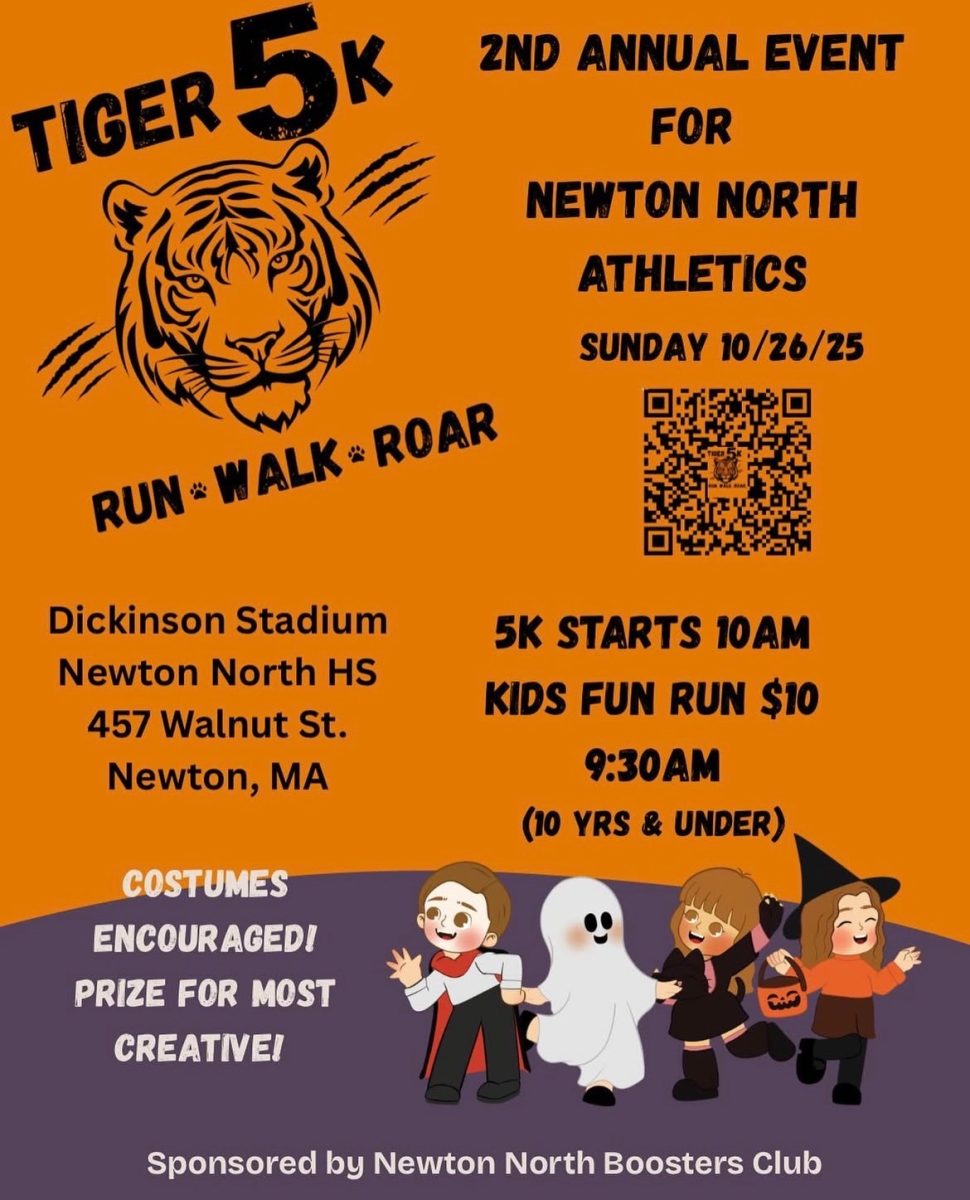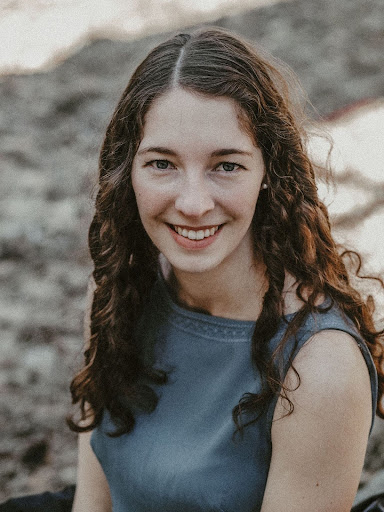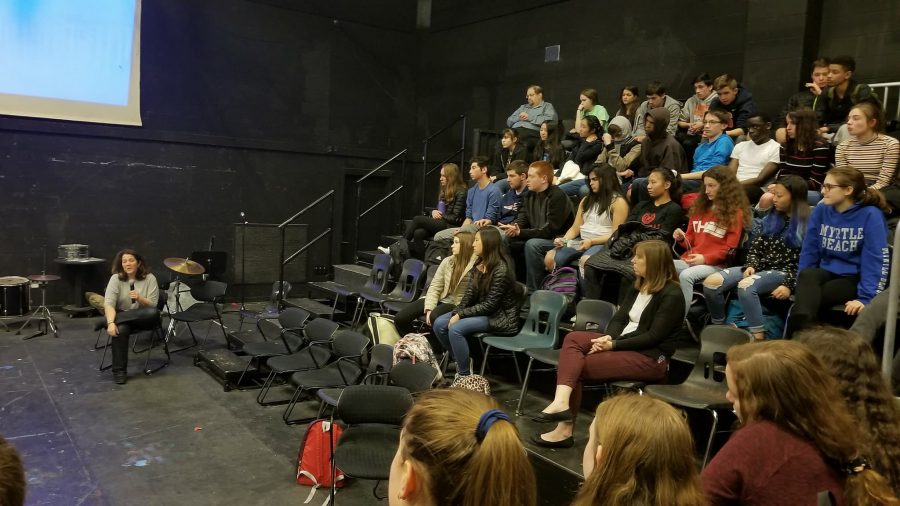(Photo by Hari Narayanan)
“We should all identify with the Syrian refugees because they are us,” said independent social worker Leslie Schick. “If there was a war in Newton, you and I would be out of here as well.”
Schick, who was invited to present at North by the Center for Civic Engagement (CCE), spoke about the ongoing Syrian refugee crisis in Greece on Friday, March 30 in the Little Theater.
Schick has made seven trips to the Greek island of Chios to volunteer and assist refugees. She is affiliated with the Chios People’s Kitchen and distributes food to the refugees during her visits to the camp. Her son, sophomore Nedim Arapi, accompanied her on one of these trips.
The speaker presented a lecture alongside pictures and videos of refugees she took during her travels to Greece. She focused on the individuality of the refugees she worked with.
“Refugees are portrayed as a homogenous entity so you don’t really get a sense of these people as individuals,” she said. “Their individual voices are silenced.”
“It opened my eyes as to what the Syrian refugees were truly experiencing,” said junior Alejandro Velez. “The presenter did a great job of showing us the other side of the story, especially with the individuality of each of them and how it is often overlooked by others.”
Similarly, sophomore Amit Vallabh said he found the event deeply moving. “I found the stories of the children that the speaker told really powerful,” he said. “I knew a lot about the crisis but I feel like the news doesn’t bring those stories to light the way she did.”
Schick, the daughter of a Holocaust survivor, made several comparisons between the Syrian refugee crisis and other tragedies from history, including the internment of Japanese Americans during WWII, slavery in America, and the Holocaust. She referenced her college roommate Julie Otsuka’s novel When the Emperor Was Divine, which is part of the sophomore English curriculum and follows a Japanese-American family’s experience with internment during WWII.
“Asylum is not a privilege,” said Schick. “Asylum is a human right. So what is happening here is a human rights violation and you can all do something to help.”
Additionally, Schick explained ways in which students at North can help refugees.
“Two things you can do are donating technology and just spreading awareness,” Schick said. “Cell phones are a lifeline for these people that connects them with their families, and this has really disappeared off the media cycle, especially in America. People don’t have a clue.”
NNHS CCE co-director Claudia Wu spoke afterwards about the CCE, saying its mission is to provide an opportunity for North students to connect to community issues.











































